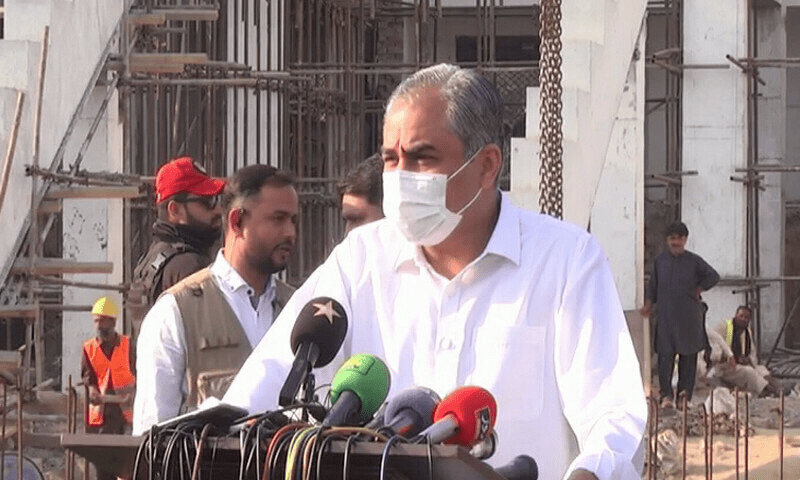Smothered by smoke: Pakistan’s worsening air quality crisis
Written by FM 100 on November 12, 2024
Pakistan’s air pollution crisis has reached alarming levels, threatening the lives of millions, particularly children. The toxic smog engulfing Lahore and surrounding districts has become a yearly phenomenon, with severe consequences.
The satellite imagery from NASA’s worldview showed the smog visible from space. The satellite imagery showed a huge cloud of grey smog that blankets Pakistan’s Punjab province.
This comes days after some cities in Pakistan logged record-breaking pollution levels with the Air Quality Index crossing the 2000 figure.
In Punjab province alone, over 11 million children under the age of five are breathing toxic air, putting their health and well-being at risk. The situation is dire, with air pollution cutting life expectancy by 7 years in Lahore, ranking it among the worst cities globally for air quality.
The World Health Organization considers air pollution the single biggest environmental threat to human health, with 99% of the world’s population living in areas exceeding safe thresholds. Vulnerable populations, including pregnant women, children, older adults, and those with pre-existing conditions, bear the brunt of this crisis.
Fair Finance Pakistan estimates that air pollution causes at least 128,000 deaths annually, with the actual number likely higher. The Air Quality Life Index reveals that Pakistan’s air pollution shortens average life expectancy by 3.9 years.
To combat this crisis, Pakistani authorities must prioritise measures to protect citizens’ rights to health and life. This includes monitoring air quality, enforcing rigorous standards, transitioning away from fossil fuels, and developing green spaces.
*Key Factors Contributing to Air Pollution:
– Burning fossil fuels for transportation, heating, and electricity generation
– Destruction of green spaces
– Crop burning and lack of viable public transport
*Potential Solutions:
– Transitioning to renewable energy sources
– Implementing stringent air quality regulations
– Increasing green spaces for urban communities
The Pakistani government must take urgent action to address this crisis. By prioritising environmental and health concerns, Pakistan can mitigate the devastating impact of air pollution on its citizens.




